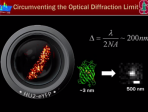 00:32:00
00:32:00
Fun with Light and Single Molecules
More than 25 years ago, single molecules were first detected optically, but how do we really detect a single molecule today, and what good is it? It is an amazing fact that you can even detect single molecules with your own eyes. When a new regime of....
More details | Watch now 00:32:00
00:32:00
Tickling Worms – Surprises from Basic Research
Research, at least my research, has never been linear. I have found that my lab and I often double back on problems after years of inactivity or go off in entirely new directions as dictated by the work and people's interests This lack of direction r....
More details | Watch now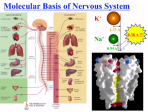 00:29:00
00:29:00
How to Model the Action of Complex Biological Systems on a Molecular Level
Despite the enormous advances in structural studies of biological systems we are frequently left without a clear structure function correlation and cannot fully describe how different systems actually work. This introduces a major challenge for compu....
More details | Watch now 00:29:00
00:29:00
Electron Transfer Theory in Single Molecule Studies of Intermittent Fluorescence of Quantum Dots and in Initial Steps in Dye Sensitized Solar Cells
Intermittently fluorescing single molecule systems are found in many materials, including semiconductor quantum dots (QD), dyes on crystalline or nanoparticle film surfaces, and biological systems. The QD's show a ~ -3/2 power law for the distributio....
More details | Watch now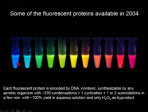 00:33:00
00:33:00
Molecules Against Cancer or for Long-Term Memory Storage
For cancer diagnosis and therapy, we are developing activatable cell penetrating peptides (ACPPs), synthetic molecules with a novel amplifying mechanism for homing to diseased tissues. ACPPs are polycationic cell penetrating peptides whose cellular u....
More details | Watch now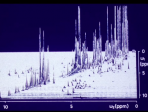 00:26:00
00:26:00
NMR in Biology, Chemistry and Medicine
For the discovery of the physics phenomenon of nuclear magnetic resonance (NMR), Felix Bloch and Edward Purcell were awarded the Nobel Prize in Physics in 1952. NMR has then been used in a wide range of fundamental studies in physics, and in the 1960....
More details | Watch now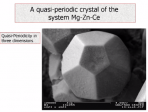 00:30:00
00:30:00
Quasi-Periodic Crystals
Quasicrystals - or, as Shechtman would prefer, quasi-periodic materials - now have scientists thinking about matter in a new light, but they also have many possible practical applications. Because of their uneven structure, quasicrystals do not have ....
More details | Watch now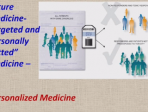 00:29:00
00:29:00
Are We Going to Cure all Diseases and at What Price?
We are exiting the era where our approach to treatment of these and many other diseases is 'one size fits all', and enter a new era of 'personalized medicine' where we shall tailor the treatment according to the patient's molecular/mutational profile....
More details | Watch now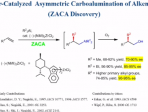 00:35:00
00:35:00
How to Synthesize a Wide Variety of Optically Active Compounds with >99% Optical Purity
The discovery and synthetic applications of a widely applicable and highly enantioselective (>99% ee) protocol consisting of the 'ZACA reaction' (Zr-catalyzed asymmetric carboalumination of alkenes), purification of the ZACA-products by lipase-cat....
More details | Watch now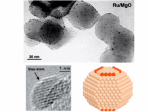 00:31:00
00:31:00
Catalysis at Surfaces: From Atoms to Complexity
This lecture addresses the question if spatio-temporal self-organisation of matter which is so characteristic for living systems can also be verified with a simple inorganic reaction in which the observed phenomena of complexity can be traced back to....
More details | Watch now 00:27:00
00:27:00
Roles of the Ubiquitin System in Health and Disease
The selective degradation of many short-lived proteins in eukaryotic cells is carried out by the ubiquitin-mediated proteolytic system. In this pathway, proteins are targeted for degradation by covalent ligation to ubiquitin, a highly conserved small....
More details | Watch now 00:31:00
00:31:00
Structural Aspects of Protease Control in Health and Disease
This lecture starts out with a very brief review of the history of protein crystallography and continue with our studies since 1970 on proteolytic enzymes and their control. Proteolytic enzymes catalyse a very simple chemical reaction, the hydrolytic....
More details | Watch now
